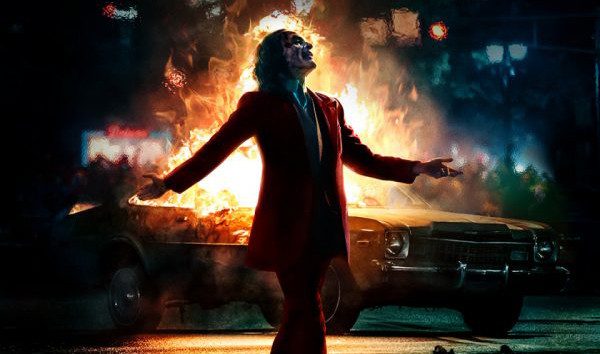Joker is set to be a fresh new take on not only the iconic villain but also on the comic book drama as a whole, but why did its director and star want to make the movie?

Director of Joker, Todd Phillips, and its star, Joaquin Phoenix, don’t have much personal love for the comic book movie genre but here they are about to release one of the year’s most anticipated entries into the genre.
The reason the two wanted to make the film seems to stem from their desire to make a big-budget drama like 70s movies of old and this was the best way of doing so. This is backed up by recent comments Phillips made to Vanity Fair: “We’re gonna take $55 million from Warner Bros. and do whatever the hell we want.”
Phoenix adds in the same interview: “To me, there was a period of time when we think about all those great films from the ’70s, it wasn’t a genre. It wasn’t like, this is a drama. It was just a movie. Like Dog Day Afternoon is, like, intense, heartbreaking, and fucking funny. And those are the movies that I love. And those are the movies that I pursue.”
SEE ALSO: Robert De Niro offers his thoughts on Joker controversy
This tactic has certainly worked, there aren’t many dramas that get the kind of budget, attention, and publicity that Joker has received so far. Hopefully the final product, however, is one that audiences can enjoy for many years to come.
Joker centres around the iconic arch nemesis and is an original, standalone story not seen before on the big screen. The exploration of Arthur Fleck (Joaquin Phoenix), a man disregarded by society, is not only a gritty character study but also a broader cautionary tale.
Joker is set for release on October 4th 2019 and stars Joaquin Phoenix (The Sisters Brothers), Robert De Niro (Goodfellas), Zazie Beetz (Deadpool 2), Bill Camp (Red Sparrow), Frances Conroy (American Horror Story), Brett Cullen (Narcos), Glenn Fleshler (Billions), Douglas Hodge (Penny Dreadful), Marc Maron (GLOW), Josh Pais (Motherless Brooklyn), Shea Whigham (Kong: Skull Island), Douglas Hodge (Robin Hood) and Dante Pereira-Olson (You Were Never Really Here).













